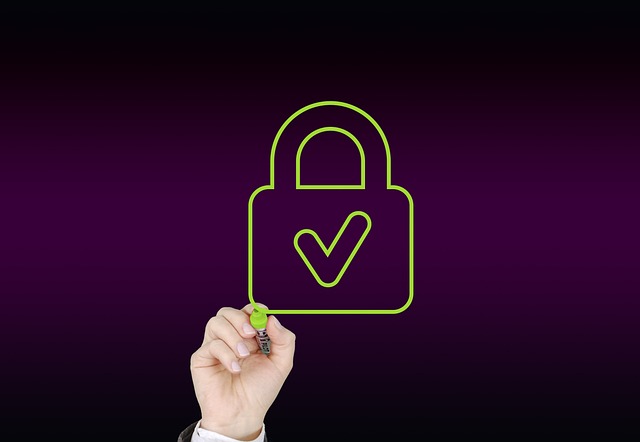In today's digital age, organizations must prioritize the educational qualifications of their security professionals for effective premises protection checks. Verifying credentials ensures skilled individuals equipped to handle complex security landscapes, fostering professionalism and reducing risks. Relevant qualifications include specialized courses, certifications, and degrees in security management, risk assessment, surveillance technologies, and crime prevention. A robust verification process involves a standardized checklist, digital systems, and regular updates. Online databases have revolutionized this process, enabling swift validation of credentials with just a few clicks. Accurate verification is a cornerstone of trust, requiring meticulous cross-referencing and adherence to ethical practices. Continuous learning through workshops, webinars, and certifications keeps security professionals ahead of emerging threats, enhancing their ability to conduct robust premises protection checks.
In today’s digital era, ensuring robust security measures is paramount. Verifying the educational qualifications of security professionals plays a pivotal role in upholding safety protocols, particularly for premises protection checks. This article delves into the critical importance of this process, guiding organizations through identifying relevant credentials and establishing an efficient verification system using digital tools. We explore best practices, ethical considerations, and continuous improvement strategies to maintain a secure environment, focusing on effective premises protection checks.
- Understanding the Importance of Security Professional Qualifications
- Identifying Relevant Educational Credentials for Verification
- Establishing a Robust Verification Process for Premises Protection Checks
- Leveraging Digital Databases and Records for Efficient Validation
- Ensuring Accuracy and Ethical Practices in Qualification Verification
- Continuous Improvement: Staying Updated with Industry Standards
Understanding the Importance of Security Professional Qualifications
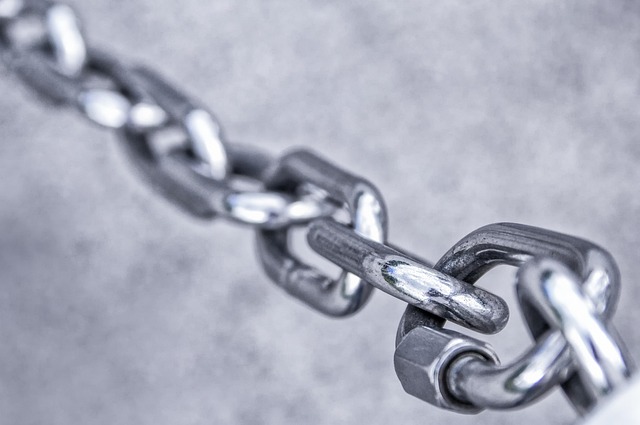
In today’s digital era, where threats to premises protection checks are ever-evolving, it’s crucial for organizations to prioritize the educational qualifications of their security professionals. Credentials serve as a critical indicator of an individual’s knowledge and competence in safeguarding sensitive spaces. By verifying these qualifications, businesses can ensure they employ individuals who possess the necessary skills to navigate complex security landscapes.
This process goes beyond merely checking off boxes; it’s about fostering a culture of vigilance and professionalism. Qualified security experts are better equipped to identify vulnerabilities, implement robust security measures, and adapt to emerging trends in threat mitigation. Consequently, organizations benefit from enhanced premises protection checks, reduced risks, and a more secure operating environment overall.
Identifying Relevant Educational Credentials for Verification
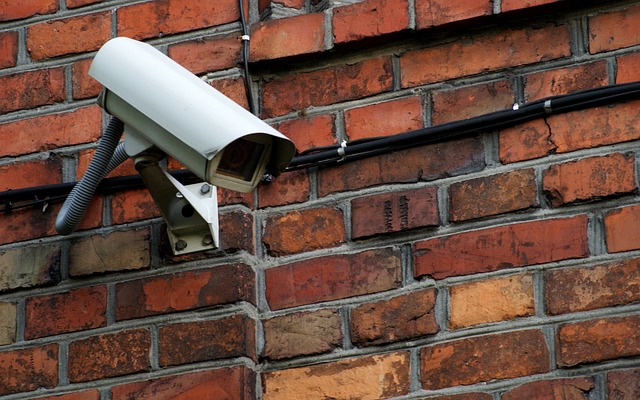
When verifying security professionals’ educational qualifications, the focus should be on identifying and assessing relevant credentials directly linked to premises protection. This includes academic courses, certifications, and degrees in fields such as security management, risk assessment, surveillance technologies, and crime prevention. These specific educational areas equip individuals with the knowledge and skills necessary for effective safeguarding of physical spaces.
Relevant educational credentials go beyond general business or law degrees, targeting specialized knowledge required for comprehensive premises protection checks. Institutions offering programs in these areas often collaborate with industry experts to ensure curricula align with current best practices and emerging trends in security. Consequently, individuals graduating from these programs are well-prepared to handle the intricate tasks involved in safeguarding sensitive locations.
Establishing a Robust Verification Process for Premises Protection Checks
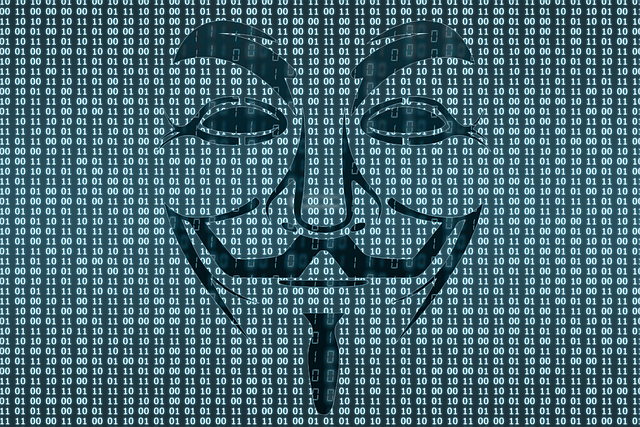
Establishing a robust verification process is paramount for ensuring comprehensive premises protection checks. This involves meticulous planning and implementation to verify the educational qualifications of security professionals effectively. The initial step entails creating a standardized checklist that encompasses all relevant academic credentials, certifications, and training programs required for the specific role. This ensures consistency in the evaluation process.
Subsequently, a robust verification system should be integrated, leveraging digital platforms and secure document sharing to streamline the review process. Cross-referencing with reputable educational institutions and industry databases is crucial for corroborating the authenticity of submitted documents. Regular updates to the checklist and verification protocols are essential, aligning them with evolving security standards and best practices for premises protection checks.
Leveraging Digital Databases and Records for Efficient Validation
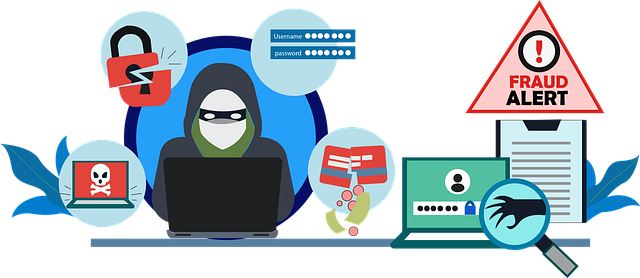
In today’s digital age, leveraging online databases and records has become a game-changer in streamlining security professionals’ educational qualification verification processes. These digital resources offer a vast repository of information, enabling efficient premises protection checks. By accessing accredited institutions’ databases, employer or vetting agencies can swiftly validate degrees, certifications, and professional credentials with just a few clicks.
This approach eliminates the need for laborious manual cross-references, reducing processing time significantly. Online records also ensure data accuracy and provide up-to-date information, which is crucial for keeping up with the evolving security industry landscape. Additionally, digital databases facilitate easy access to official transcripts, further simplifying the verification process for both employers and educational institutions.
Ensuring Accuracy and Ethical Practices in Qualification Verification
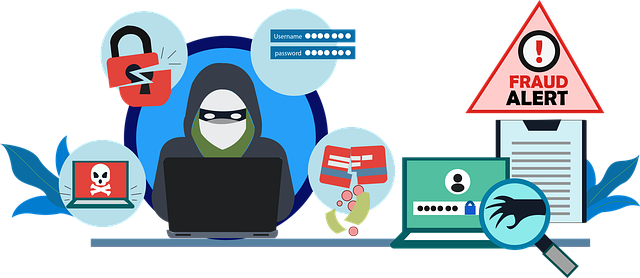
Ensuring the accuracy and integrity of educational qualification verification is paramount in the security industry, where trust and ethical practices are non-negotiable. This process involves meticulous cross-referencing of credentials with recognized institutions to confirm their validity. Security professionals, tasked with safeguarding premises protection checks, must be adept at verifying certifications, degrees, and training records without compromise.
Ethical considerations play a crucial role in this verification process. The onus is on security experts to handle sensitive data discreetly, respecting privacy while adhering to legal guidelines. They must remain impartial and unbiased, ensuring that their methods are fair and consistent across all candidates. This meticulous attention to detail and ethical framework are essential to maintaining the highest standards in the industry.
Continuous Improvement: Staying Updated with Industry Standards
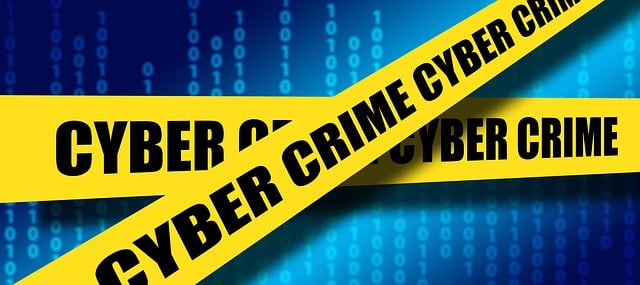
In today’s ever-evolving digital landscape, security professionals must remain agile and committed to continuous improvement. The field of cybersecurity is a dynamic one, with new threats and technologies emerging regularly. Staying abreast of industry standards and best practices is crucial for maintaining robust premises protection checks. This involves dedicating time to professional development through workshops, webinars, and certifications that offer insights into the latest hacking techniques, data privacy regulations, and security systems innovations.
By embracing continuous learning, security experts can adapt to these changes, ensuring they remain at the forefront of their craft. Regular updates on industry standards not only enhance their ability to safeguard premises but also enable them to implement cutting-edge strategies that deter potential threats. This commitment to ongoing education is a game-changer in ensuring comprehensive and effective protection for any organization’s physical assets.
